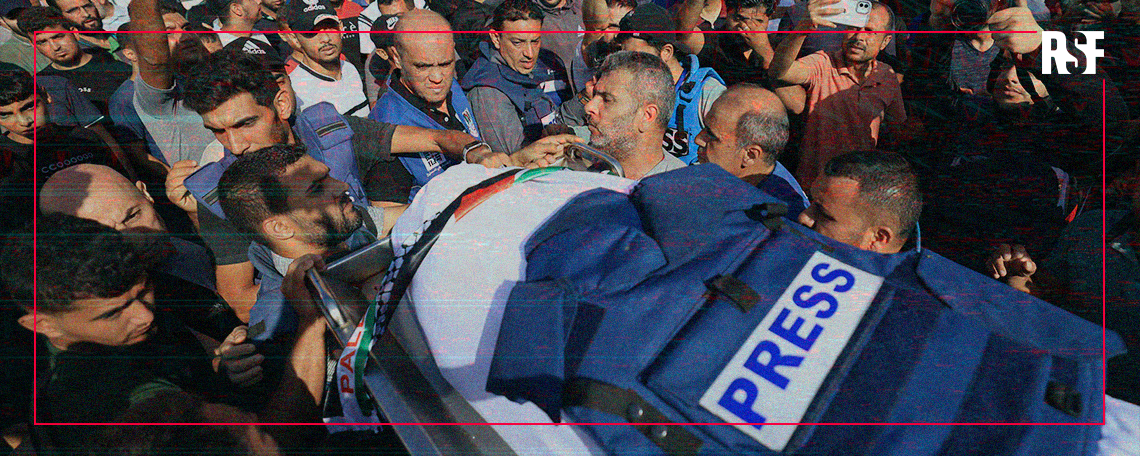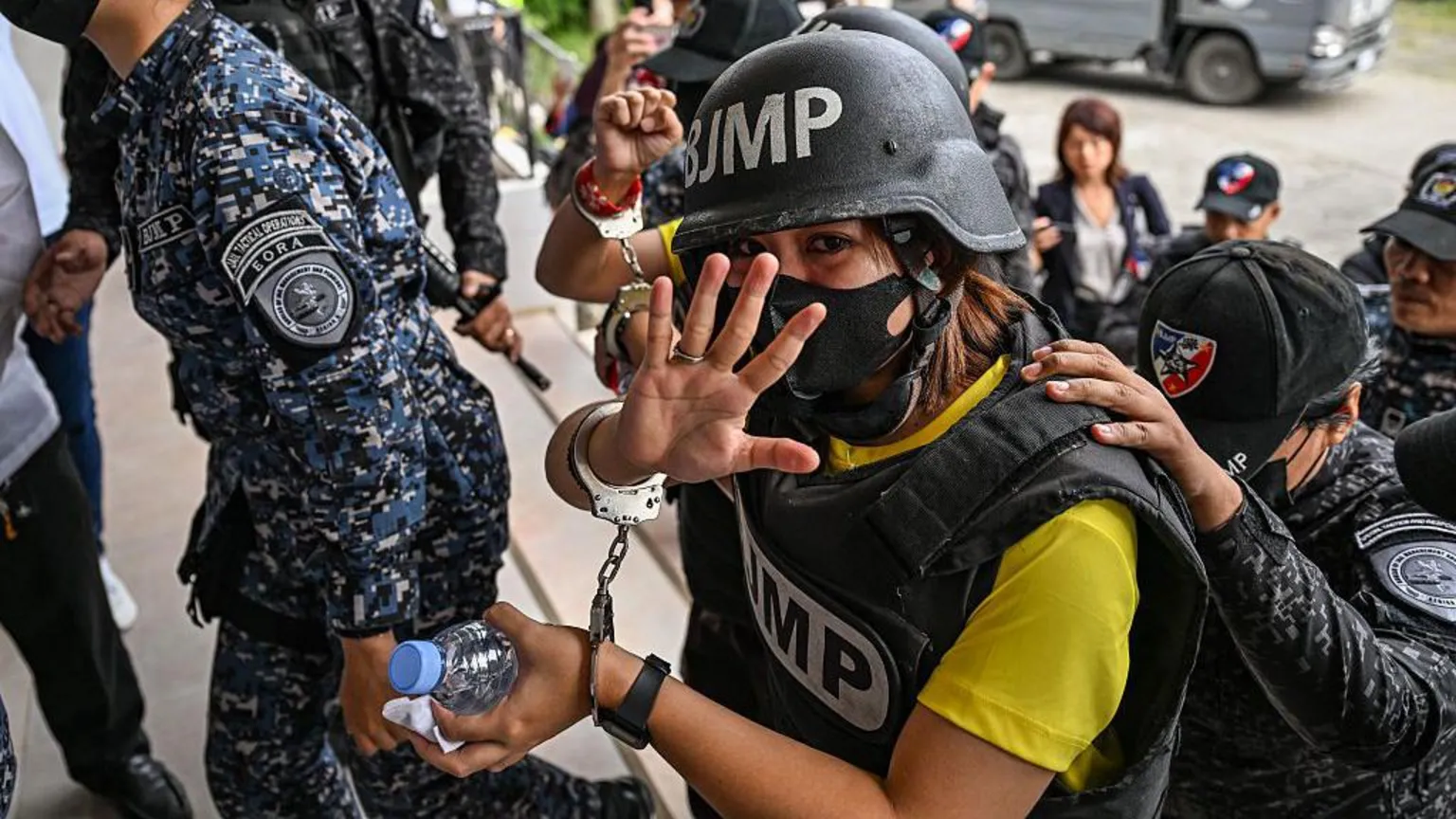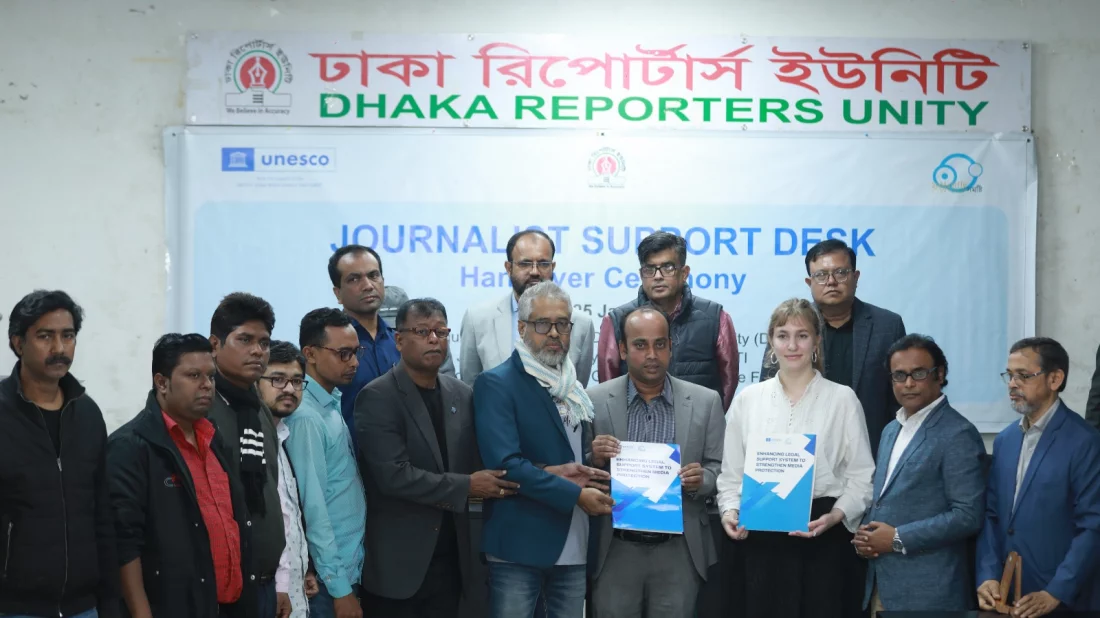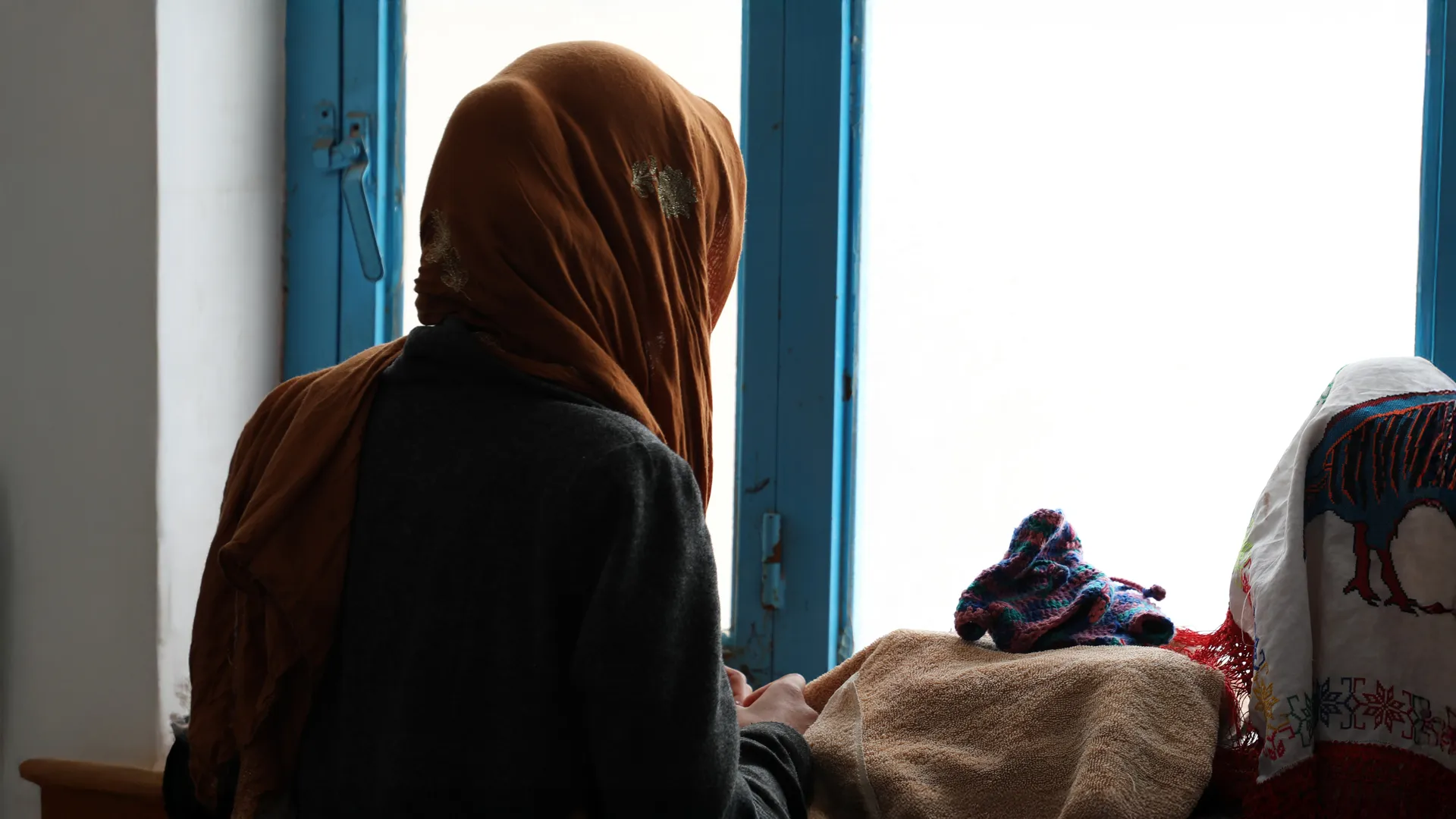
Gaza in the Dark: How Israel Engineered a Year-Long Media Blackout
October 3, 2024
Censorship and Crackdowns: Israeli Journalists Face Rising Repression Amid Gaza War
October 4, 2024October 04, 2024 – Azerbaijan –
In a politically charged crackdown coinciding with Azerbaijan’s hosting of COP29 in Baku, authorities have prolonged the pretrial detention of 11 journalists from independent media outlets, according to the Committee to Protect Journalists (CPJ). These individuals face criminal charges related to alleged currency smuggling—accusations widely criticized as politically motivated and aimed at silencing dissent.
The journalists represent four critical outlets: Toplum TV, Kanal 13, Abzas Media, and Meclis.info. Pretrial detention extensions by as much as three months were issued in August and September 2024. Among those affected are Alashgar Mammadli and Mushfig Jabbar of Toplum TV; Aziz Orujov and Shamo Eminov from Kanal 13; and Abzas Media figures such as Ulvi Hasanli, Sevinj Vagifgizi, Mahammad Kekalov, Nargiz Absalamova, Hafiz Babali, and Elnara Gasimova. The smuggling charges could result in sentences of up to eight years, with additional charges against six Abzas Media journalists potentially raising penalties to twelve years.
Human rights watchdogs, including CPJ and Human Rights Watch, have condemned this campaign as a blatant attempt to suppress the last vestiges of critical journalism in Azerbaijan, exploiting the international attention around COP29 to further their agenda. They warn that this constitutes a “vicious” crackdown on media and civil society, with fabricated charges functioning as powerful tools of political repression.
Conditions for independent media in Azerbaijan remain dire. The government’s expansion of restrictive laws, seizure of media assets, and repression through sham prosecutions reflect a systematic erosion of press freedom. CPJ emphasizes that these detentions “ensure that the country’s boldest reporters will not be able to shine a light on corruption and rights abuses during COP29”.
This situation underscores a broader pattern: Azerbaijan’s authorities use anti-corruption and smuggling statutes to suppress journalistic voices and civil society ahead of high-profile events that draw global eyes. Unless the journalists are released and the charges dropped, Azerbaijan’s international reputation and the legitimacy of its climate summit risk being overshadowed by accusations of human rights abuses.
Reference –




